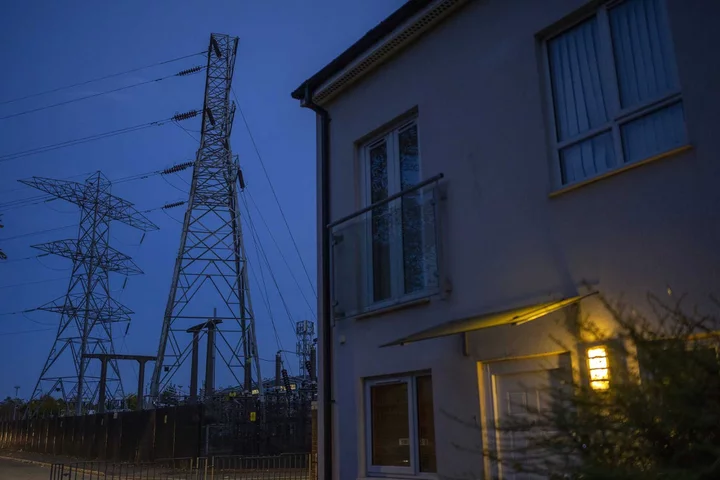The British government will start a campaign to make people warm up to the idea of new transmission towers near their homes as upgrading aging grid infrastructure becomes a choke point in the race to decarbonize the energy sector.
In the UK, the government expects electricity demand to double by 2035 and more generation will need to linked up to the network by pylons and cables. However, local campaigns against new transmission infrastructure — which can take over a decade to build — are slowing down the process.
On Wednesday, Chancellor of the Exchequer Jeremy Hunt announced that people living near new transmission towers would be eligible for discounts as high as £10,000 per household on electricity bills. The Department for Energy Security and Net Zero also confirmed that it would launch a public information campaign in 2024. It promised to start a new joint entity, including transmission networks companies, to lead the effort.
Electricity Networks Commissioner Nick Winser, in a report earlier this year, pressed the need to accelerate construction of transmission infrastructure. He said efforts to decarbonize the power sector will be “wasted if we cannot get the power to homes and businesses.”
Former Home Secretary Priti Patel is trying to block a 110-mile pylon plan in East Anglia and calling for the cables to be installed offshore. However, the tussle between homeowners and governments over infrastructure projects is an old one. In the early 1990s, National Power started a television campaign featuring towers breaking free from the ground and walking across valleys. This year, the National Grid switched on its first set of T-shaped pylons that it hopes will be more pleasing to the eye.
The government and industry regulator Ofgem also announced a plan to cut the average connect timeline for new power projects to six months from five years. The plan will also remove stalled projects from the queue, raise entry requirements for those applying, and build long-term connection demand into strategic planning.
“The intent is clear and welcome; now these plans must be implemented at pace to capture the economic opportunity of the energy transition and keep Britain on target to achieve its climate goals,” John Pettigrew, chief executive of National Grid said in a statement Wednesday.

